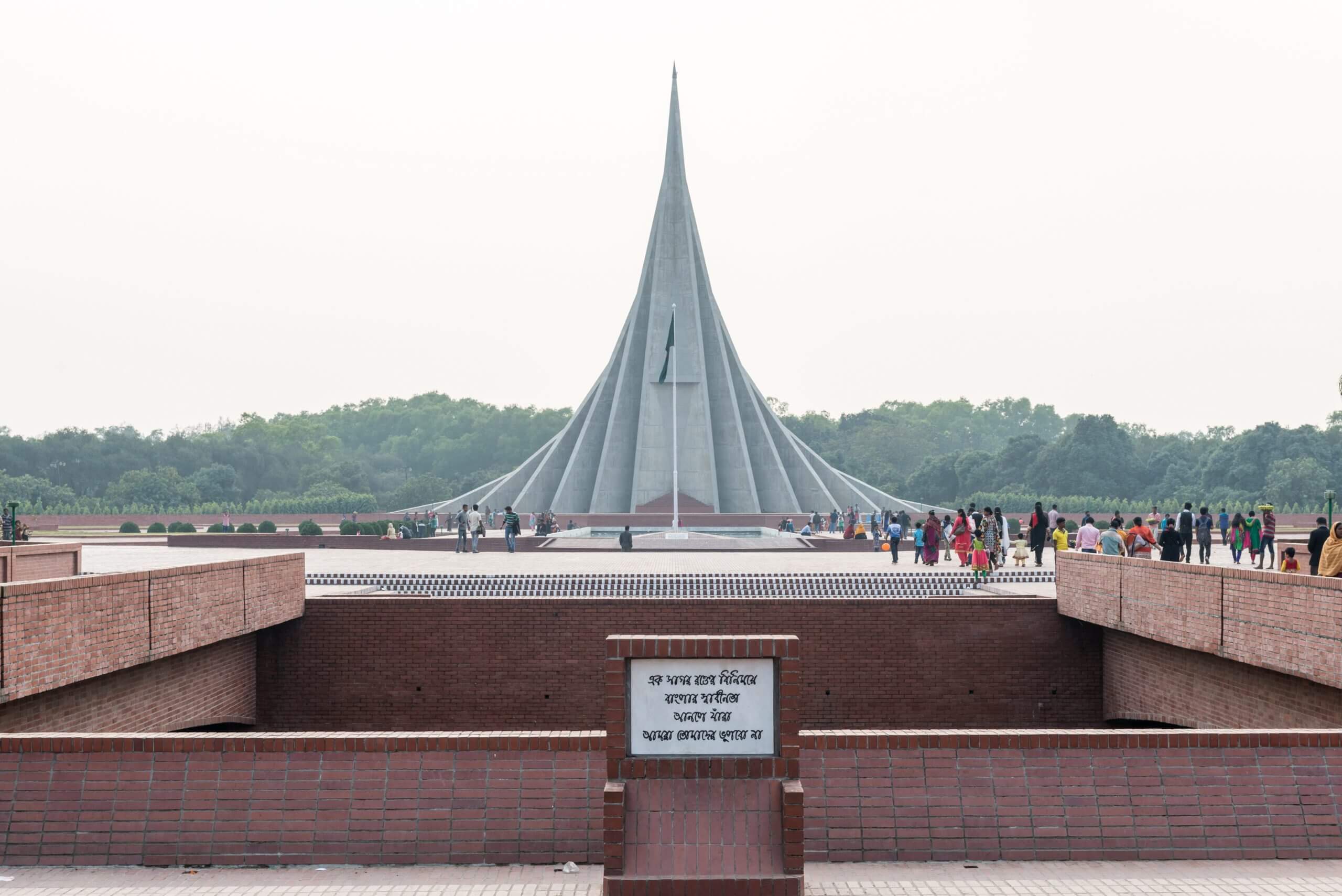
Modi Hasina Script a Stable Future
Sun, 28 Mar 2021 | Reading Time: 5 minutes

In 2019, Bangladesh was among the top ten economies of the world where annual GDP growth was concerned; during 2020 it was among the top five. By the close of this year, a country that was once bled and brutalised by Pakistan will overtake its former tormentor in GDP, a cautionary tale to those in the country still in thrall to the dictates of the Pakistan army and its force-multiplier since the 1960s, the Peoples Liberation Army.
Just as is the case with Sri Lanka and Nepal, the most significant cause of such rapid progress in what had been dismissed for decades as a “basket case” is Sheikh Hasina’s reciprocation of Prime Minister Narendra Modi’s policy of friendship and cooperation between India and Bangladesh.
Over the past six years, the overall atmospherics between Dacca and Delhi has improved substantially, such that vigorous efforts by the Sino-Pakistan alliance to create a distance between the two capitals have failed. The steady descent of Pakistan into economic irrelevance and societal chaos is the nevitable consequence of ignoring the realisation that friendy relations with India is a necessary condition for stability and progress in each South Asian country.
Until Narendra Modi was sworn in as Prime Minister in 2014, policymakers in the Lutyens Zone had decoupled the issue of human rights violations against minorities in Pakistan from the search for better relations. In reality, there can not be a sustainable and significant improvement in ties with India unless the other country ensures fair treatment to women and minorities in particular. Although there is still a sliver of society in Bangladesh that remains chained to the ideology and commands of the Pakistan army (in a manifestation of the Stockholm Syndrome), Prime Minister Sheikh Hasina has sought to damp down the influence of this fanaticised segment in her country. After all, it was the pro-Pakistan elements ( boosted also by China) that murdered almost her entire family in 1975, and which has killed countless innocents just because they were Hindu or opposed the Wahhabi creed introduced into Bangladesh by those close to GHQ Rawalpindi and took over the country through its network of quislings.
As an essential prong of his Act East policy, Prime Minister Modi gave a high priority to good relations with Bangladesh, and in his counterpart in Dacca, found a steadfast partner. Over the past six years, India and Bangladesh have transformed their once testy relationship into a mutually beneficial partnership. Connectivity in the east, both within and outside the largest country in South Asia, has been boosted to a level not seen since the cleaving of the subcontinent in 1947. This has shortened the timelines for both goods as well as passenger traffic, and will play a key role also in India’s looking to ASEAN in the creation of a shared prosperity.
Within the wider Indo-Pacific construct, Bangladesh plays a keystone role, which is why the Sino-Russian alliance (with assistance from its ally, Pakistan) has been seeking to distance Dacca from Delhi even as it seeks to distance Delhi from Washington, the main player in the Quad.
During Modi 2.0, the cloud of ambiguity and confusion that has long hung over foreign policy in India (including the defence and security component) is being cleared away. This is happening less by official statements (many of which still contain more than a whiff of the policy of Non-Alignment 2.0 enunciated by the Manmohan Singh government) than by action on the ground, including the holding of the first-ever Quad Summit, in which it was clear to the world that the US and India had come on the same page in the vital matter of ensuring a free and open Indo-Pacific that rejects efforts at converting this part of the global commons into the private lake of a particular country.
Given its democracy and in its external markets, in a decoupling world it makes sense for Bangladesh to choose the side that assures the protection of its global rights and sovereignty, and in such a situation, the visit by Modi to mark the 50th anniversary of the founding of Bangladesh by Sheikh Mujib was a crucial milestone in the evolution of a framework such as would ensure a free and open Indo-Pacific, not to mention a sharp rise in opportunities for prosperity of the eastern part of India together with Bangladesh.
Another component of such an outcome is Sri Lanka, again a country that has everything to gain from better relations with India and its other partners. The explicit assurance given by them of safeguarding the security interests of India is an indication that President Gotabaya Rajapaksa and Prime Minister Mahinda Rajapaksa have understood the importance of such a partnership for the betterment of the people of Sri Lanka, despite numerous reports to the contrary by those opposed to the two brothers who have played such a key role in matters of defence and security in that very consequential country.
Coming back to Bangladesh, there is unfinished business left behind from 1971, and this is by fixing of accountability for those responsible for the genocide that took place in Bangladesh by the Pakistan army. Even if posthumously, those in command of the formations that committed acts of genocide need to be named. A process of accounting for their inhuman deeds needs to be initiated, and this needs to be a priority. That the Pakistan military was enabled to return intact without any of its men being held to account for the depravities committed by them is a stain on Indian diplomacy that must be removed together with the Bangladesh government. Whether it be Generals AAK Niazi or Rao Farman Ali, or officers under them, they need to be named for the atrocities they inflicted on the helpless people of what since became Bangladesh.
For too long, history has played the role of a footnote in nation building in much of South Asia, and this needs to change. The Bangladesh genocide must have its evidence recorded and collated before that vanishes, so that it remains in the collective memory of nations, including those who connived at the atrocities or who ignored them, such as Nobel Peace Prizeman Henry Kissinger.
Prime Minister Modi and Prime Minister Hasina have braved opposition generated by the Sino-Pakistan alliance against the obvious fact of the people of India and Bangladesh jointly ensuring the defeat of the occupying forces sent by Yahya Khan. They have shown that national interest and common sense can prevail over elements that seek to convert Bangladesh into the next Pakistan. Instead, Pakistan needs to become the next Bangladesh, if it is to escape the meltdown that it’s military-driven, India-phobic policy is bringing ever closer.
Author
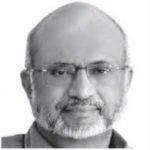
Madhav Das Nalapat was appointed India’s first Professor of Geopolitics by the Manipal Academy of Higher Education in 1999. He has written extensively on matters of strategy and geopolitics. His latest book, on “Foreign Policy for India in the 21st Century”, will be brought out by the close of the year. He is also a UNESCO Peace Chair, Senior Associate of the National Institute of Advanced Studies, Board Member of the India-China-America Institute and Associate of the United Services Institution of India.
Disclaimer
The opinions expressed in this article are the author’s own and do not reflect the views of Chanakya Forum. All information provided in this article including timeliness, completeness, accuracy, suitability or validity of information referenced therein, is the sole responsibility of the author. www.chanakyaforum.com does not assume any responsibility for the same.
Chanakya Forum is now on . Click here to join our channel (@ChanakyaForum) and stay updated with the latest headlines and articles.
Important
We work round the clock to bring you the finest articles and updates from around the world. There is a team that works tirelessly to ensure that you have a seamless reading experience. But all this costs money. Please support us so that we keep doing what we do best. Happy Reading
Support Us




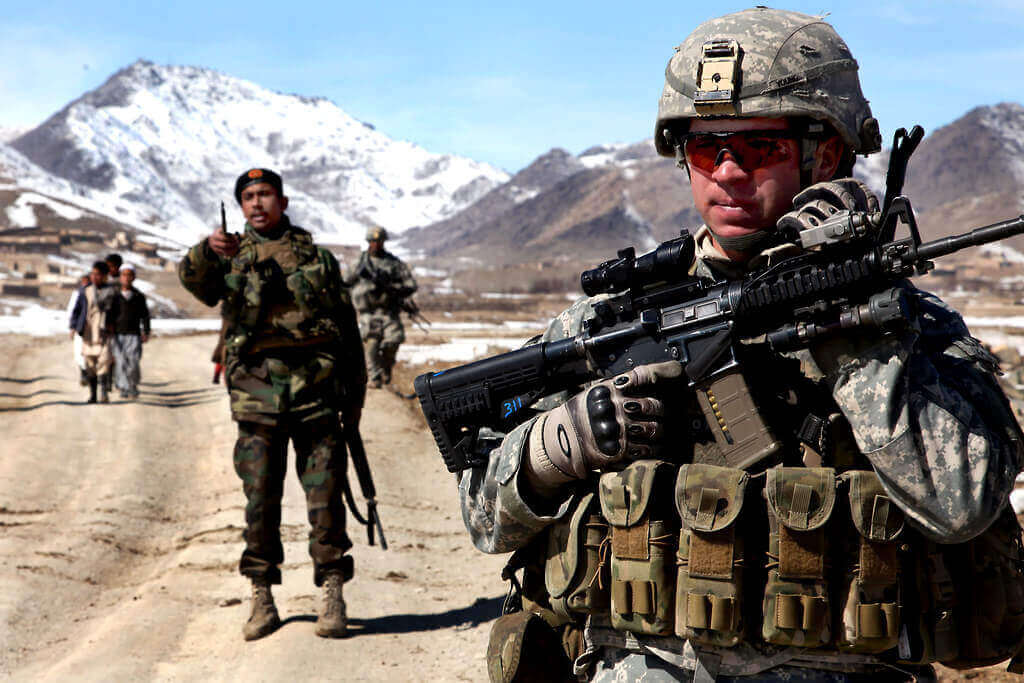


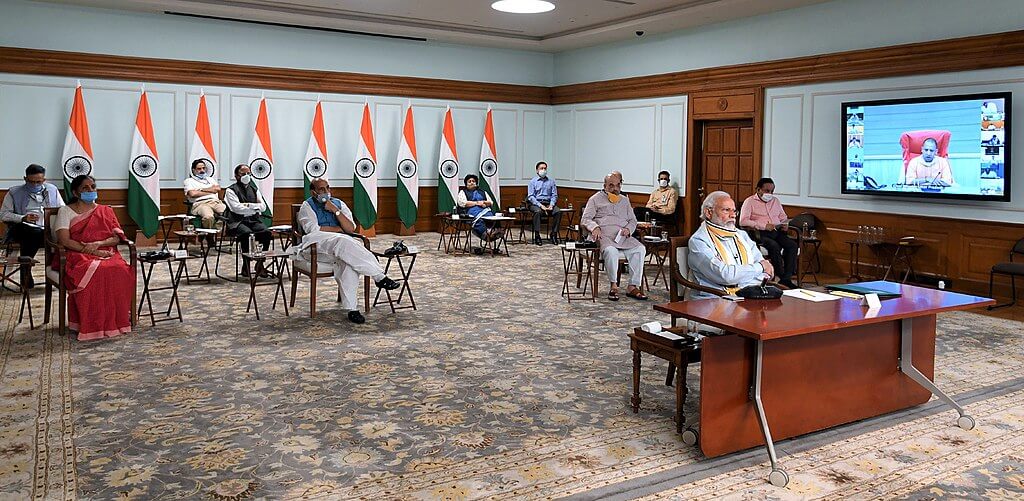
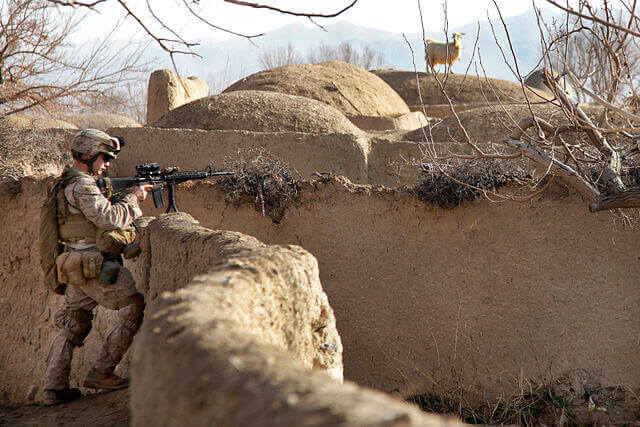
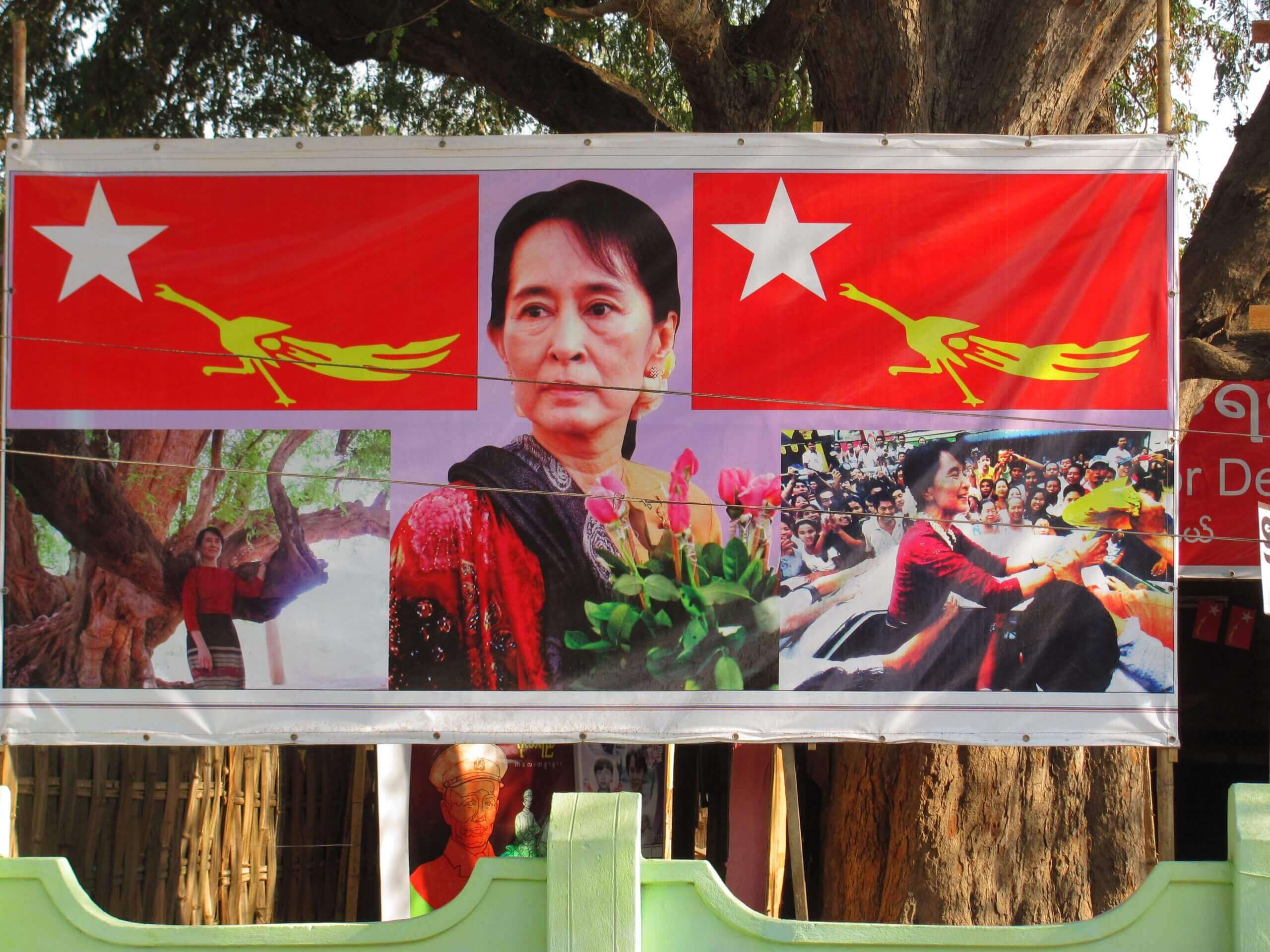






POST COMMENTS (1)
V. Seshadri